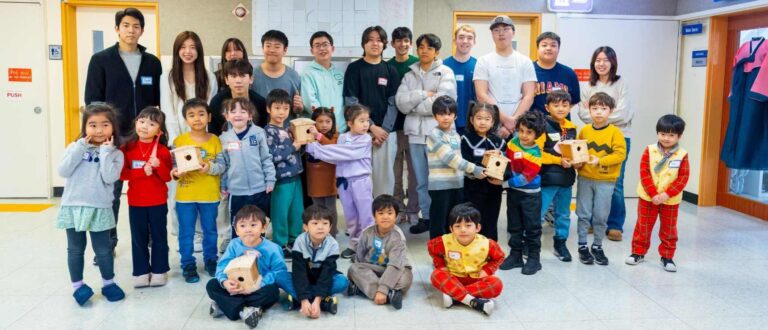Want to help your child grow into a confident adult? Here are five tips from our experts at Nexus International School.
Developing a healthy self-esteem is a crucial part of child development. Positive self-esteem will promote mental wellbeing and help a child handle setbacks, peer pressure and other challenges. However, it is important to distinguish between healthy self-esteem versus being self-important or arrogant. Self-esteem development can start as early as babyhood but will continue to evolve over time. As such, parents and the people around your child during their early years will mould their progress. At Nexus International School (Singapore)https://world-schools.com/online-school-kings-interhigh-is-shortlisted-for-supporting-associate-of-the-year-2022/, we recognise the importance of early childhood education and believe in cultivating confident children who are ready to face the challenges of the world. Here are some of the ways we do it and how you can also incorporate them into your parenting:
- Letting Children Work Towards Goals
When a child gets to learn, try and work through mistakes, they gain a sense of achievement and feel proud of themselves. It is important to praise effort and attitude instead of the result. At Nexus, we prioritise giving our learners the opportunity to learn new skills and hobbies like music, sports, art, board games and so much more. Through these experiences, children are not limited to just learning new skills, they specifically learn through exploration and mistakes. - Speak kindly, instead of harsh criticism
Kids often translate the messages that they hear about themselves from others into how they feel about themselves. This means that the negative words and messages they hear will affect their self-worth and hurt their self-esteem. Correct your children with patience and kindness. At Nexus, we use a restorative approach to relationships which helps our learners understand how their actions affect others and how to best communicate. We also focus on inclusivity as a key pillar in our values, ensuring that all individuals are accepted and treated with kindness despite our differences. - Let kids help and give.
Children feel good and accomplished when they see that what they do matters to others. They build self-esteem whenever they help at home, do a service project at school, or do nice things for their peers. At Nexus, we incorporate this aspect in our daily activities. As part of the school’s Care Movement, we encourage our learners to care for themselves, others and the world. Apart from frequently helping each other, our learners often initiate charity and awareness projects to give back to the community and the world. - Encourage independence.
Allowing your child to do things independently boosts their autonomy and allows them to explore and understand their full potential to succeed on their own. This also includes allowing children to make their own age-appropriate choices. Children as young as two can start considering the consequences of their decisions so it is good to teach them that they have control over their bodies and they have to take responsibility for their choices. This is one of the key traits that Nexus strives to cultivate in its learners. We engage our learners in self-directed learning and encourage them to initiate ideas. - Let your child take healthy risks.
Oftentimes, parents try to rescue their children from failure because they worry. However, this may remove them from situations where they get to make choices, take responsibility and learn from mistakes. For healthy risks, like a child accidentally spilling water, it is beneficial for them to try and solve problems that they have caused. As mistakes are part and parcel of life, it is important to teach your child that setbacks are opportunities to improve; this also increases resilience. At Nexus, we nurture our learners with this exact mindset, encouraging them to take risks and make mistakes, all while providing them a safe environment to do so.





